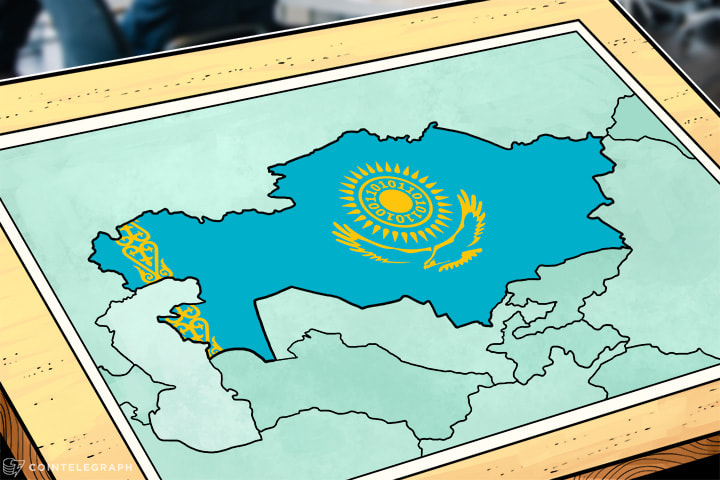Kazakhstan has become the latest country to show an intention of creating its own fiat-based digital asset, following in the footsteps of its former Soviet handlers, Russia.
It was announced via the country's government-supported Astana International Finance Center (AIFC) who said they had signed a deal of cooperation with a Maltese firm called Exante.
Next generation investment
In plugging themselves, Exante calls themselves a “next generation investment company." They said they would work with the AIFC to develop the ex-Soviet nation's untapped cryptocurrency market.
"Blockchain and cryptocurrencies are entering the mainstream of today's economic reality," Kairat Kelimbetov, governor of the Astana International Finance Center, said:
"Astana's leading financial regulators have already commenced their work and are laying the foundation for Kazakhstan's fintech-ecosystem. We believe that the AIFC can become an international hub for Blockchain operations and the development of the digital assets market is our key priority in the near future."
Government-backed
There has been much debate about how to control and regulate these decentralized cryptocurrencies. From the gentle approach of the Swiss to the hard-nosed banning from the Chinese.
But it seems there is a new trend developing where countries are essentially starting their own ICO and launching their own government-backed digital currencies.
In August, Estonia proposed its own state-backed digital asset, which would be called "Estcoin." The small Eastern European nation said it was considering the launch of Estcoin through an ICO.
Last month, Japan also signaled the potential launch of its own digital currency, called J-Coin.
Russia’s intention to launch the CryptoRubel is, of course, the biggest news to come out of these state-backed digital assets, but its intentions for doing so seem to be slightly different for all the others mentioned above.


